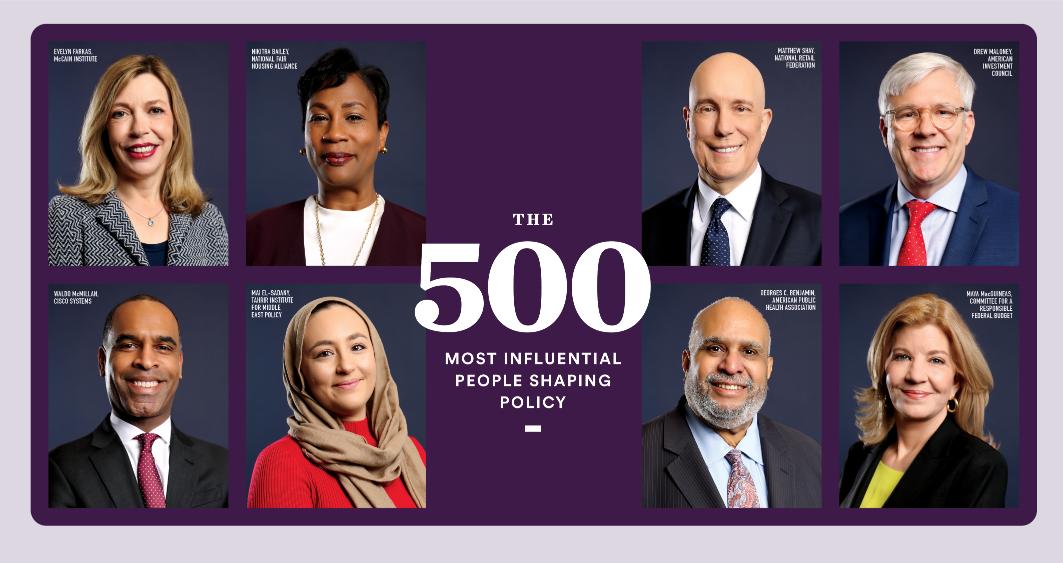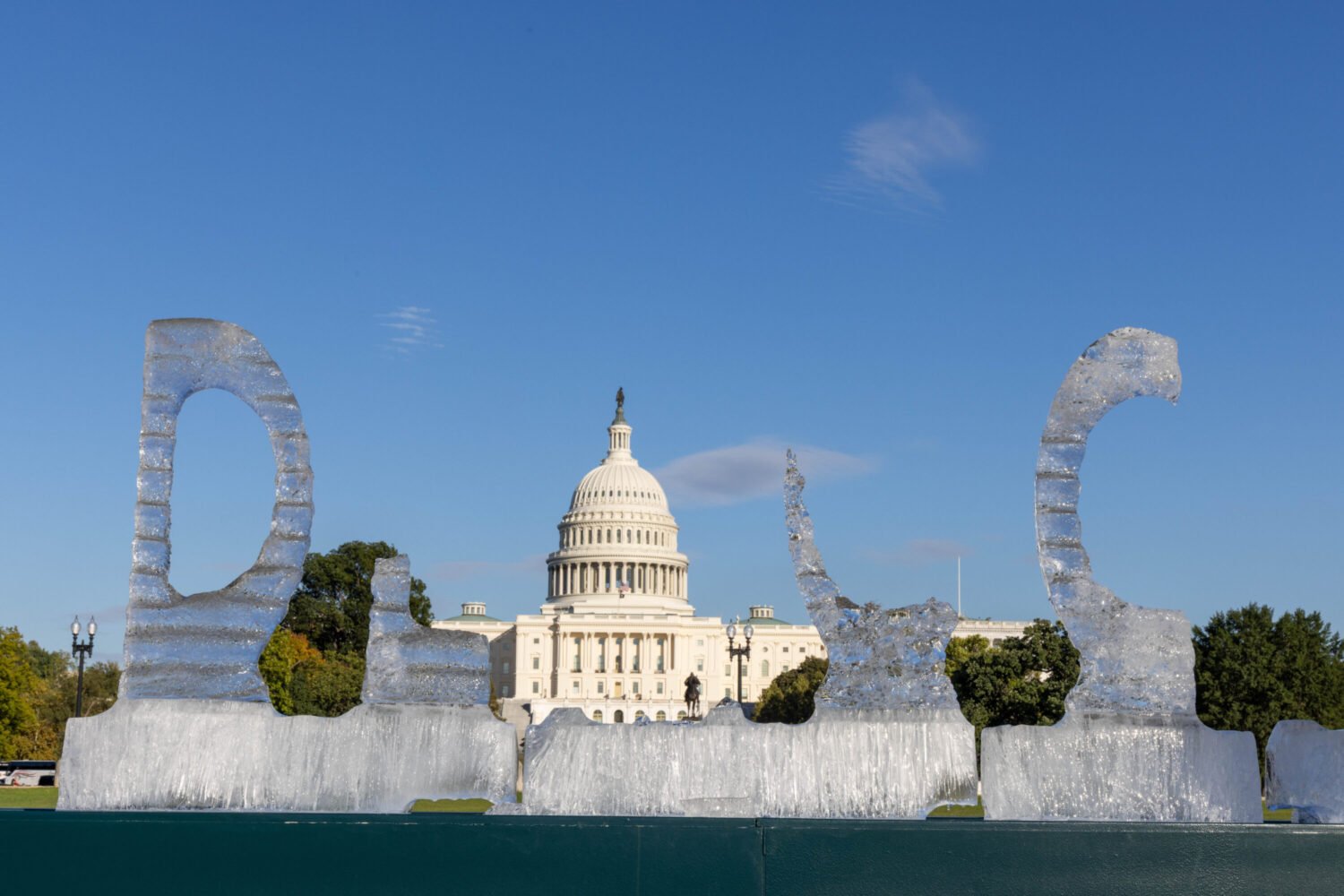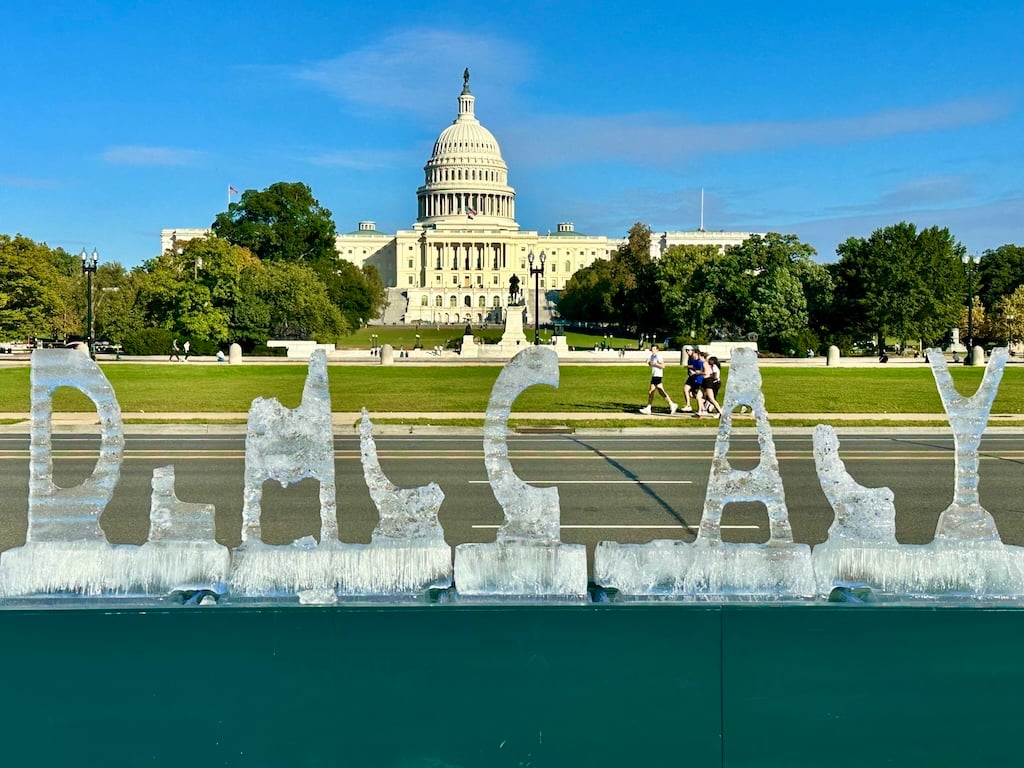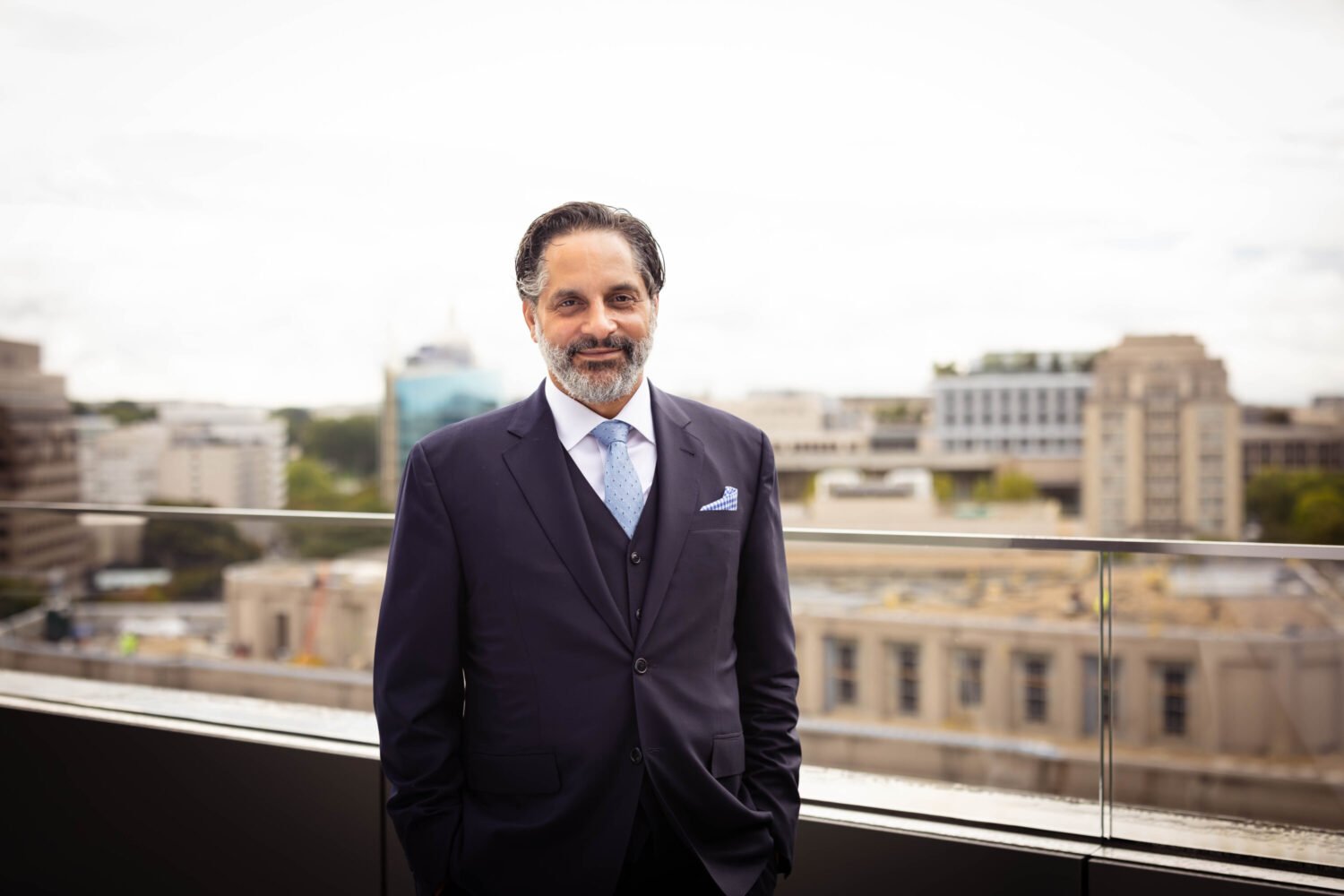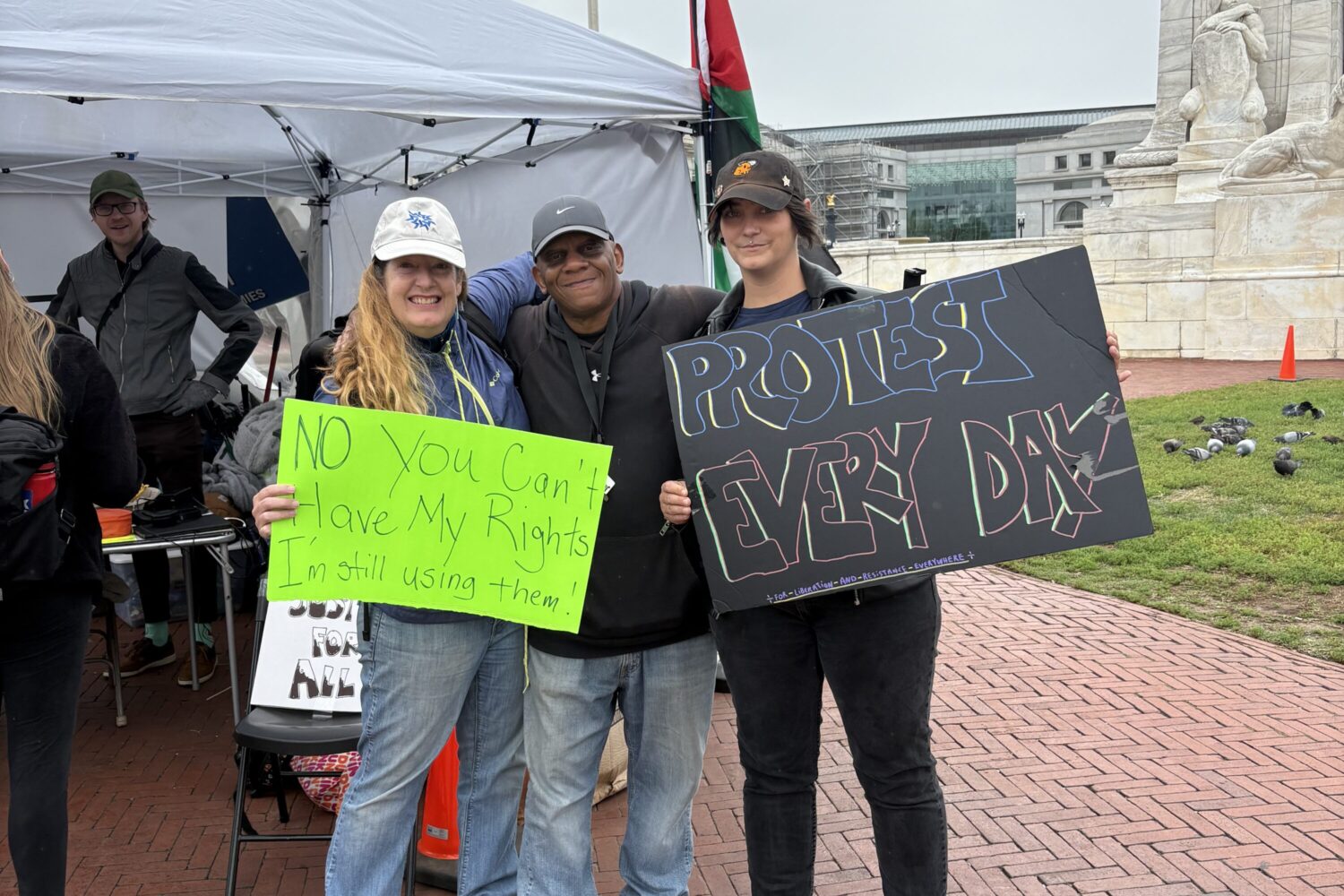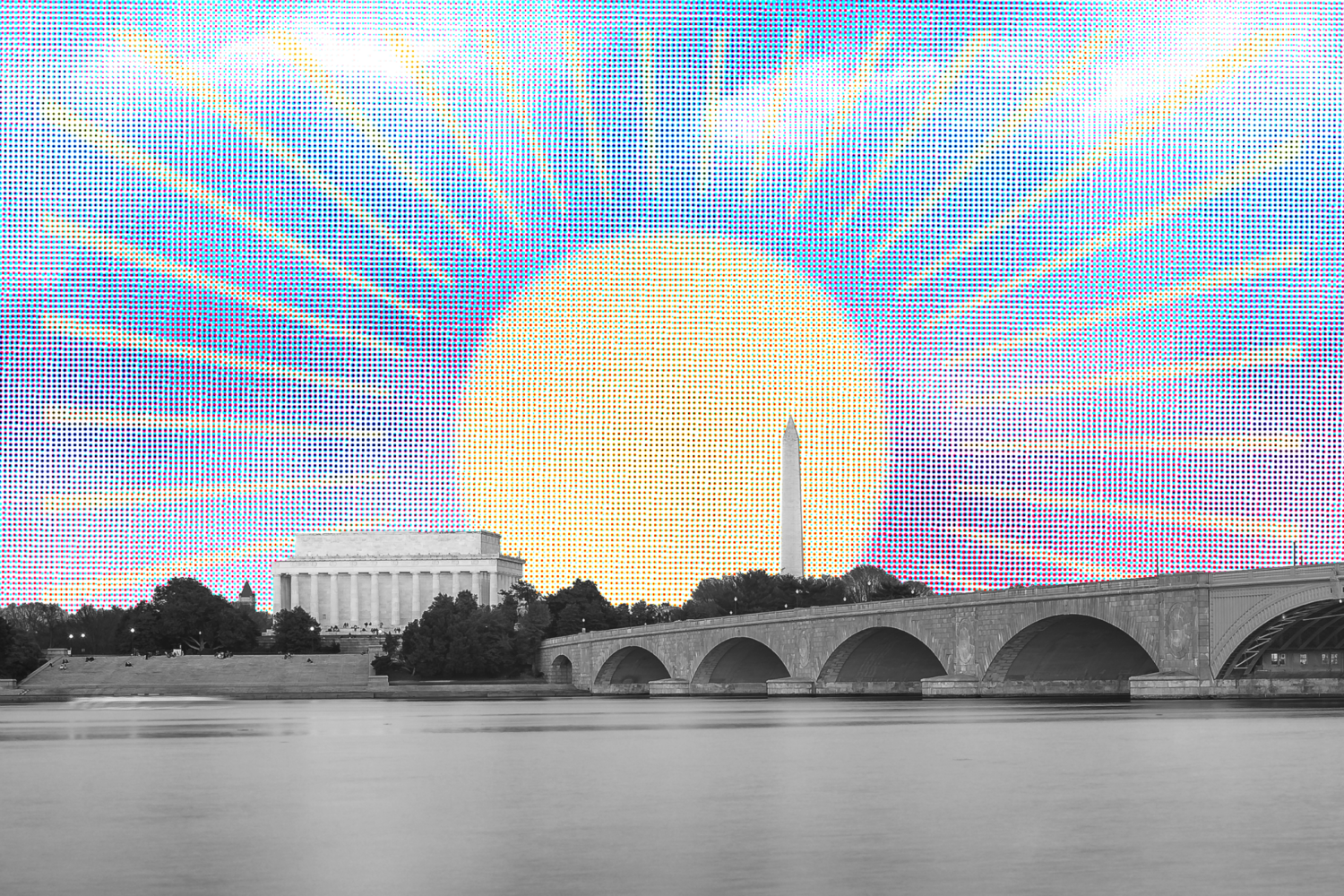Several years ago a middle-aged Indian-American acquaintance told me that she no longer needed to go to India because the best of India—its spices, its culture, its people—was available in the States.
I’m not sure I agree with her about the people, but I have to admit that you can find almost everything you need to lead the Indian way of life in the United States. Even gods. There are at least ten Hindu temples in Washington.
While Indians are sometimes Muslim, Christian, Jain, or Sikh, most in this country are Hindu.
Hinduism has been described as a way of life rather than a religion: It does not have a creed or a revealed book such as the Bible. Many Hindus have puja, or prayer, rooms in their homes. Most go to temple only on sacred days or during festivals. Each region or linguistic group of Indians has its own festivals and rituals.
US temples have become centers for secular reasons as well. On Sundays, many Indian-American immigrants trot their offspring to temple for Indian language classes or to take in some culture. It’s a way to keep “roots firmly placed in Indian tradition,” one parent told me.
Some temples offer classes in religion and philosophy. Many put on classical Indian dances and recitals. Some use their Web sites to raise funds for those in need. Recently, one temple was collecting money for a woman who needed a kidney transplant.
While desis may still go to the old country to get married, many more are tying the knot in America. The increase in temples, as well as priests, wedding planners, caterers, and event managers makes it possible.
Weddings don’t have to be solemnized in temples. But the priests, usually attached to them, are essential—for weddings and other religious functions like christenings and funerals.
While many of the children of Indian-Americans find suitable brides and grooms on their own, more are marrying non-Indians. But a large number who are too busy, too shy, or too dependent on their parents opt for arranged marriages.
A growing number of these matches are being made on the Internet. Either the parents or their children start the ball rolling. Officials of sites like Shadi.com have been successful at arranging marriages, drawing from the growing pool of Indian-Americans here as well as Indians in India. Some Web sites arrange gatherings of singles from specific castes, subcastes, or linguistic and ethnic groups.
Living the American Dream: Many Indian-Americans came to Washington with a few dollars and big hopes. Thanks to hard work—and often lucrative government contracting—some are millionaires, living large in Potomac and McLean and making their presence felt in politics, business, and the arts. But they never forget their roots.
Royal Life: Some Indian-Americans have custom cars, houses with ballrooms, and paintings worth a million dollars. But the best status symbols are things money can’t buy—such as royal blood.




